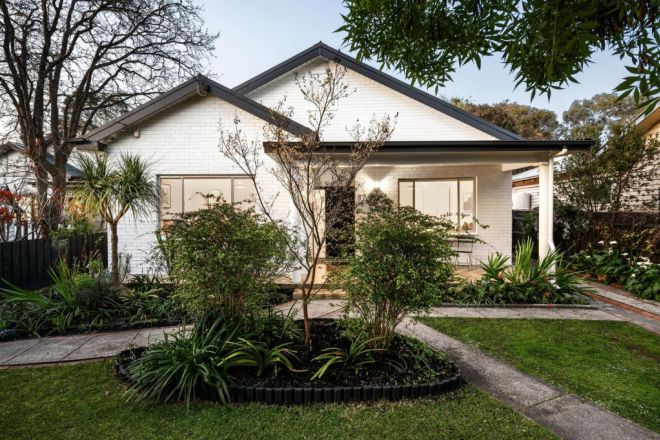Landlords could lose negative gearing perks unless they cap rents in new plan
Landlord access to negative gearing and capital gains tax concessions would be tied to the condition of their properties and five-year lease agreements under a new proposal to reform the controversial tax measures.
The changes proposed in an RMIT policy discussion paper were aimed at improving living conditions for tenants while also improving the value for money the federal government gets for the more than $10 billion it spends on tax concessions and Commonwealth Rent Assistance.

The paper emerged as the Greens on Wednesday voted with the Coalition to delay the government’s Help to Buy Scheme targeting first home buyers, with the condition the minor party would only support the legislation if the government agreed to phase out negative gearing and the capital gains tax concession for investors, and to freeze rents.
Labor dropped its plans to reform the concessions after losing the 2016 and 2019 elections. Removing the concessions were a major part of its housing policy at the time.
RMIT professor of urban policy and director of the Centre for Urban Research Jago Dodson co-authored the report, which suggested creating a national rental regulation system to set national standards for the liveability of rentals and set the ideal terms for tenancy agreements.
Dodson’s report proposes that if landlords wanted access to a portion of the negative gearing and capital gains tax concessions they currently enjoy, they would need to provide five-year leases (that tenants can break without notice), only raise the rent once per lease – and only by 10 per cent – ensure the property meets a seven-star NatHERS energy rating and allow pets, among other conditions.
“We created three packages of subsidy in terms of landlord responsibilities, and the more they adhere to conditions for tenants, the more negative gearing and capital gains tax concessions they get access to,” he said. “If they don’t want to, they can play as a private investor without any government support.”
Qualifying for any of the three tiers would require a home and lease to meet the standards set by the rental regulation system and offer rent that was at least 5 per cent less than market value. The tiers, and the reward for landlords, would be decided by the type of tenant housed.
Tier one, which would be the most widespread, was available to any tenant and would attract a 75 per cent negative gearing tax discount and a 10 per cent capital gains tax discount which would account for inflation.
Tier two was for rent assistance recipients and would attract the full negative gearing benefit and a 20 per cent capital gains tax discount, adjusted for inflation.
Tier three would house tenants who would typically live in public or community housing, through head leases signed with state governments or housing providers. It would attract the full negative gearing discount and a 30 per cent discount to capital gains tax, adjusted for inflation.
Investors now enjoy a capital gains tax discount of 50 per cent, provided they held the property for at least 12 months.
Dodson said this would be a best-case scenario for tenants, but encouraged the government to work with tenancy advocacy groups to nail down specific conditions if the proposal went ahead.
Landlords would be required to self-report their compliance with their tax returns, and would be subject to Australian Tax Office enforcement if they get it wrong.
“There would certainly be a change for landlords so they would need to choose which support packages they would go into, but we found that if half of landlords chose to participate, it would be a neutral cost for the government, but it would provide better outcomes for tenants.”
Prominent negative gearing critic Professor Richard Holden was supportive of the proposal, but was concerned a tiered system could be too complex.
“We need more creative thinking about how we can get this stuff to work, and it’s good to see some more of that,” the UNSW economics professor said. “This is an overarching thing about tax policy in general, that simple policy tends to be better than intricate policy.”
The proposal showed that it was possible for the federal government to supersede the states to regulate the rental market, Holden said.
Tenants’ Union of NSW chief executive Leo Patterson Ross said improving the benefit Australians received for the country’s spending on tax concessions for landlords and for rent assistance was a good idea.
“It’s a use of our already existing rules around tax to better deliver on the intent of the rental systems,” he said. “Our tax breaks, like negative gearing in particular, exist because you’re running a business and these are business expenses.
“It’s got no real purpose in tenancy because no one checking the investors is participating in the rental system in good faith, basically.”

We recommend
States
Capital Cities
Capital Cities - Rentals
Popular Areas
Allhomes
More










